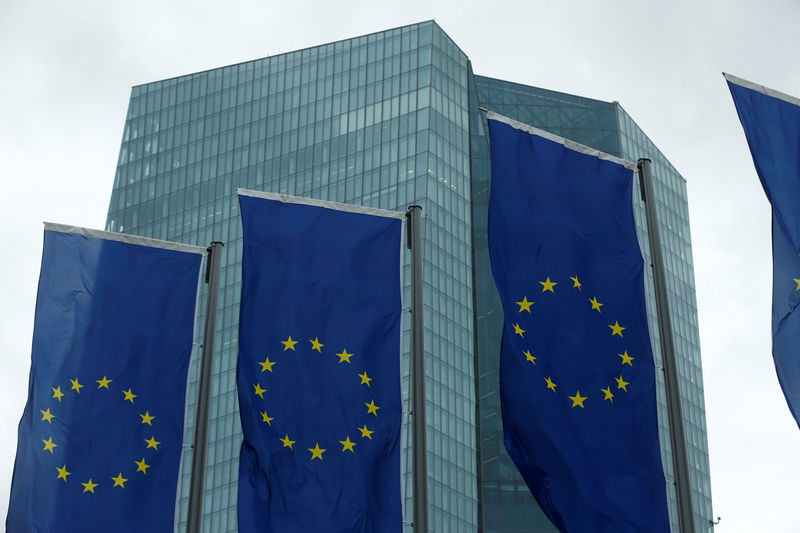By Geoffrey Smith
Investing.com -- The Eurozone economy grew by 0.2% in the first three months of the year, but its post-pandemic growth weakened sharply toward the end of the period under pressure from the war in Ukraine and record-high inflation.
Eurostat's figures, released on Friday, mean that gross domestic product was up 5.0% from a year earlier, a time when the region's economy was still laboring under the worst of the effects from the pandemic.
Both figures were largely in line with expectations, but masked some big divergences from consensus among some of the region's biggest member states. French GDP undershot expectations to stagnate in the quarter, while German GDP rose 0.2%, defying fears that it would register a second straight quarter of negative growth, thanks to strong investment spending.
At the same time, Eurostat said that inflation in the Eurozone hit a new record high since the creation of the single currency. Consumer prices rose 7.5% in April, up from 7.4% in March. While the slower rise in the headline rate suggests that an absolute peak for inflation may be near, underlying price pressures remained strong: core CPI rose by over 1% for the second month running, and Eurostat's harmonized measure of annual inflation excluding food and energy accelerated far more than forecast to 3.9% from 3.2% last month.
The euro rose by around half a cent against the dollar in the course of the morning as national GDP data were published in advance of the Eurozone numbers. By 5:20 AM ET (0920 GMT), it was at $1.0576, up 0.8% on the day. A bounce in Chinese assets in response to promises of more economic policy support from Beijing had also helped sentiment toward the euro and to risk assets more broadly.
